Mozambique: President invites everyone to take part in dialogue to pacify nation
Beira residents hope truce will open the way for peace in Mozambique
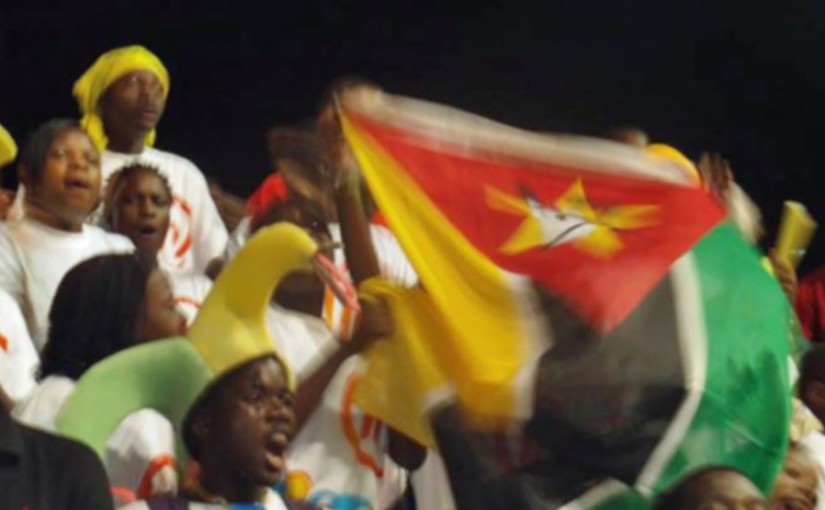
Voa (File photo)
The population of Beira, in the Mozambican province of Sofala, is celebrating the 60-day extension of the truce announced by Renamo as the path to political and economic resurgence, and is making vociferous calls for an effective and lasting peace.
Merchants and hauliers told VOA that the truce, with the lifting of mandatory military escorts along major sections of the highways in the central area of the country with concomitant greater flow of people and goods had made business easier, which would boost the economy.
“This truce is satisfactory because some days ago we were doing Nampula-Beira in two or three days. We had to travel in convoy and it was an inconvenience, while now, with this truce, we have already do the trip in one day, the usual time – passengers are already arriving on time,” Antonio Manuel, a passenger carrier said, adding that he hopes that the truce would last forever.
Peace must be effective
Cesaltina Américo, a Beira businesswoman, says she believes the truce is a path to peace, but calls on the president of Mozambique to continue to fight for effective peace that will last for ever.
“As a businesswoman, I feel the pain (of conflict). Whenever I left home the family was worried and I did not know whether I would come back or not, because there were always attacks (on the roads), and even the products cost more. Now I believe that people will lower prices, and we can feed the family,” she says.
Beira resident João Chicote shares the view that the truce will open space for political dialogue in Maputo, and appeals for the ceasefire to be exploited to the maximum.
“The idea is that there will be no military pressure on the Joint Commission in the discussion on (political and economic) decentralization in Mozambique,” he says. João believes that the truce will provide space for both the government and Renamo delegations “to make the best reflections, without incidents or military interference, so that ideas flow better”.
No pressure on negotiators
According to Alberto Cassimo, a resident of Mozambique’s second largest city and opposition stronghold, the truce reveals the country’s capacity to grow economically and politically.
“The truce shows that although there are political differences, they cannot influence the free movement of people and goods in Mozambique,” he says, insisting that the truce “is a sign that peace is about to come; the expectation is that the parties will achieve an understanding for effective and lasting peace”.
Cassimo praises the conversation between Renamo leader Afonso Dhlakama and President Filipe Nyusi, which unlocked what the Joint Commission failed to achieve in months at the dialogue table.
“It took a long time. Dialogue, a joint commission, a lot of discussions that did not bring the expected results. But on the basis of one single phone call, we managed to pass the Christmas holidays in peace. The [military] columns stopped, Mozambicans celebrated [Christmas and the New Year] well. To great relief, Mozambique is on the way to achieving peace,” he concludes.
Renamo leader Afonso Dhlakama announced on Tuesday a 60-day extension of the one-week truce to allow peace talks between the executive and the main opposition party with international mediation to continue, adding that he was optimistic.


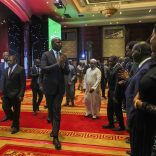
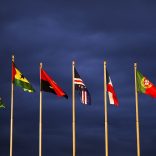

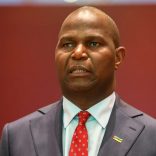
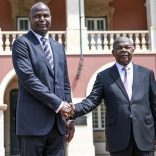
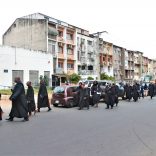




Leave a Reply
Be the First to Comment!
You must be logged in to post a comment.
You must be logged in to post a comment.